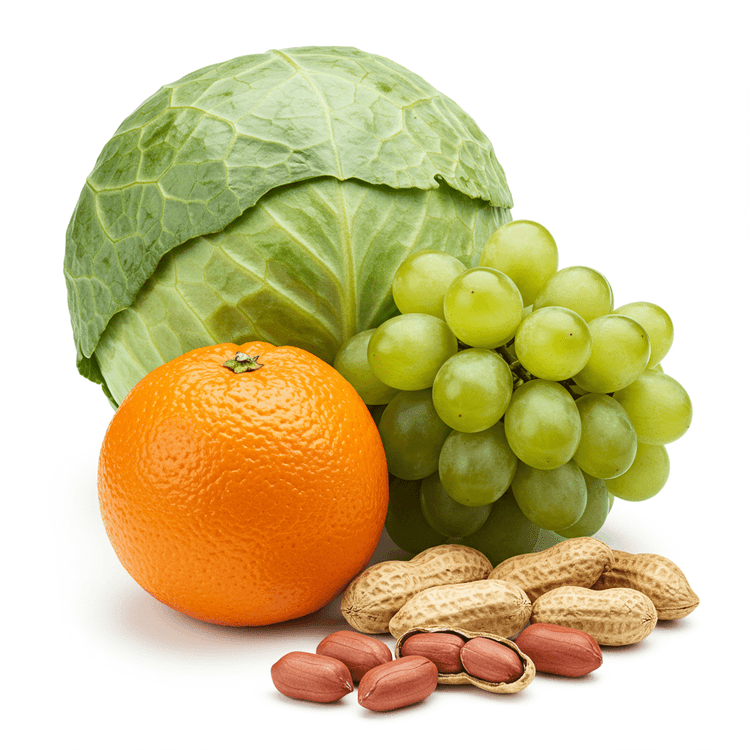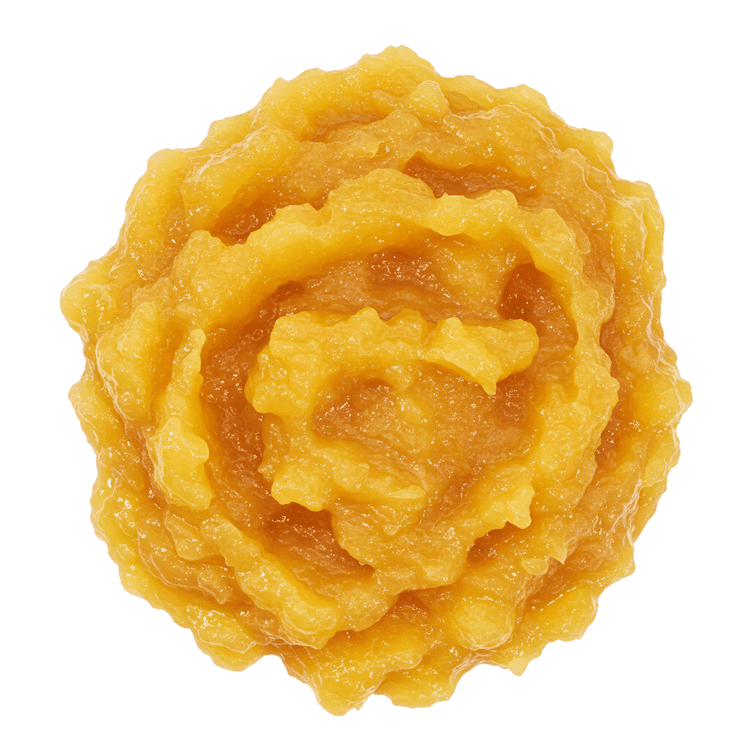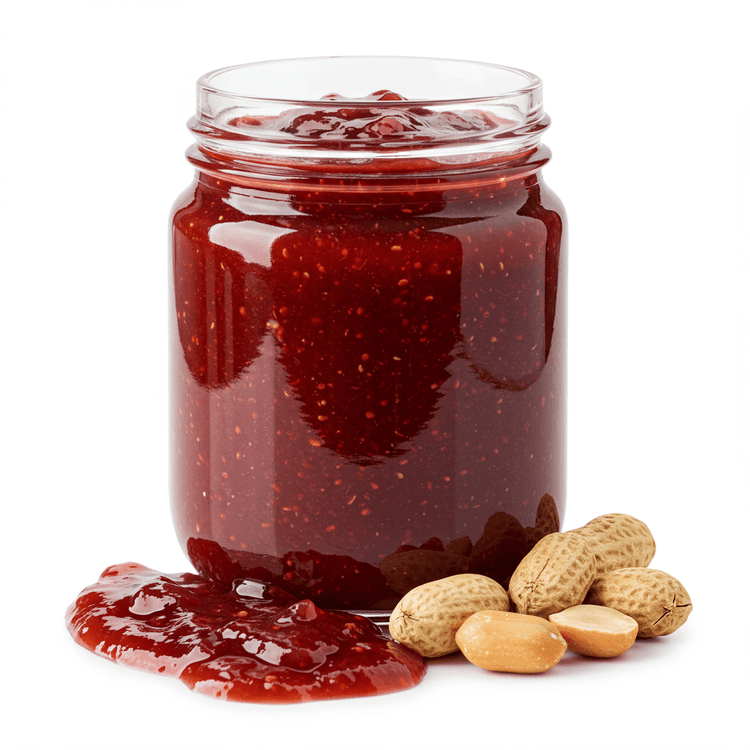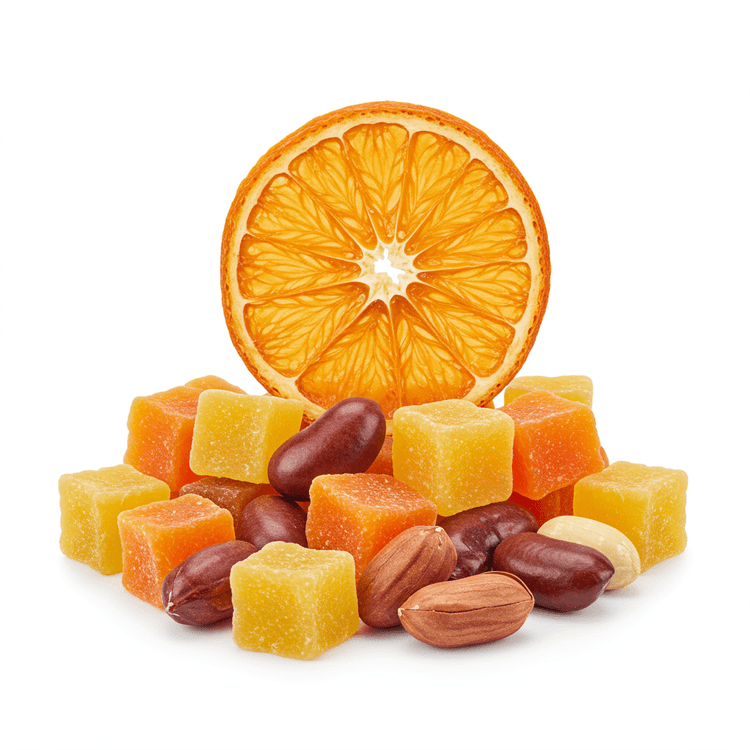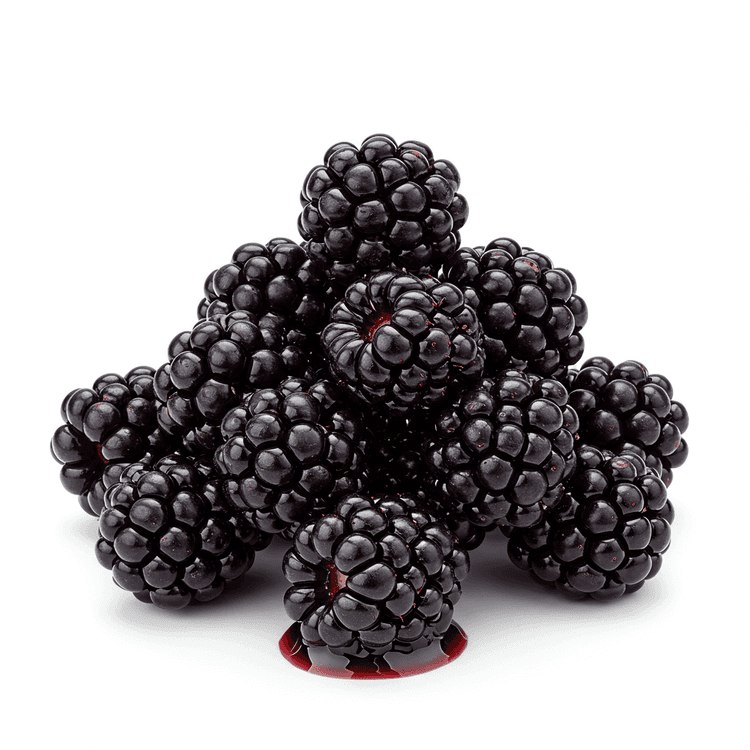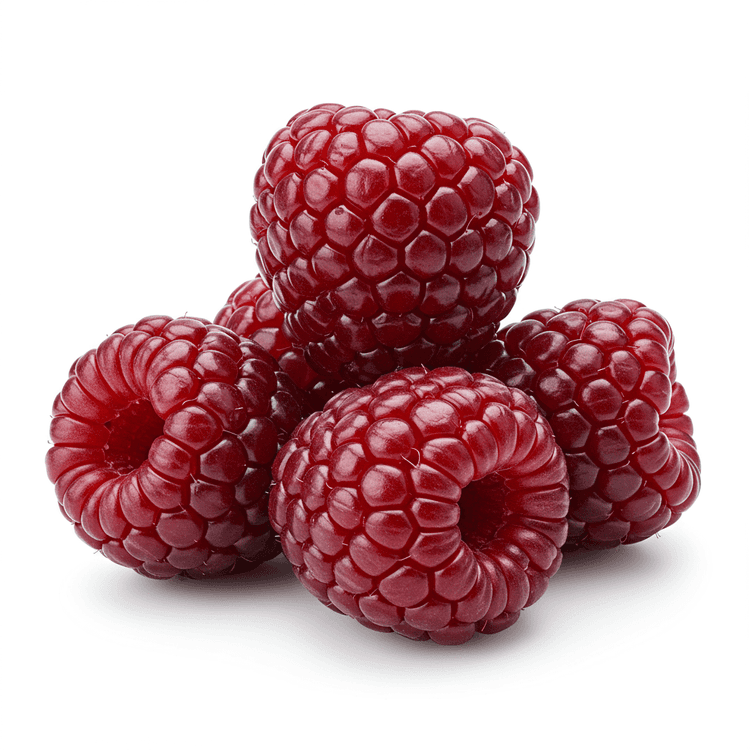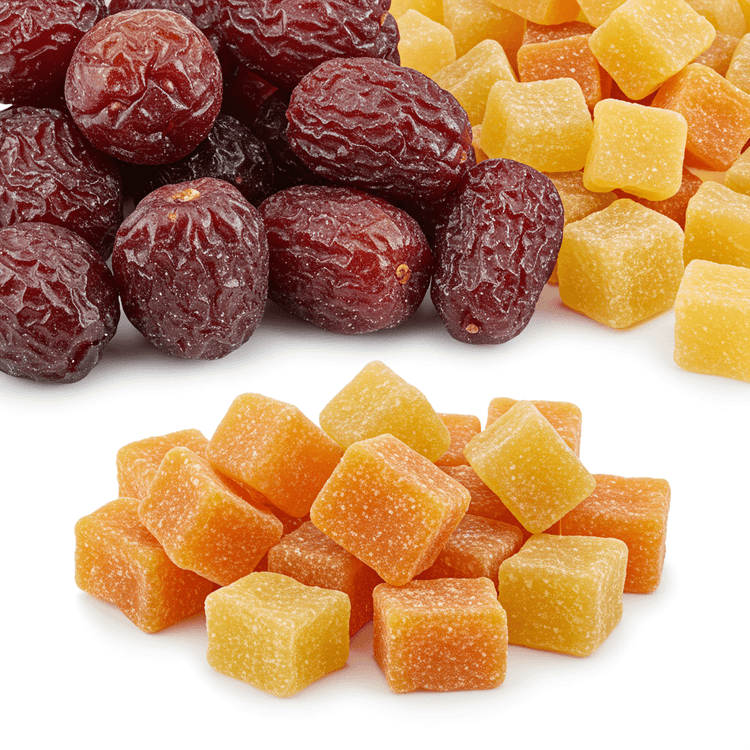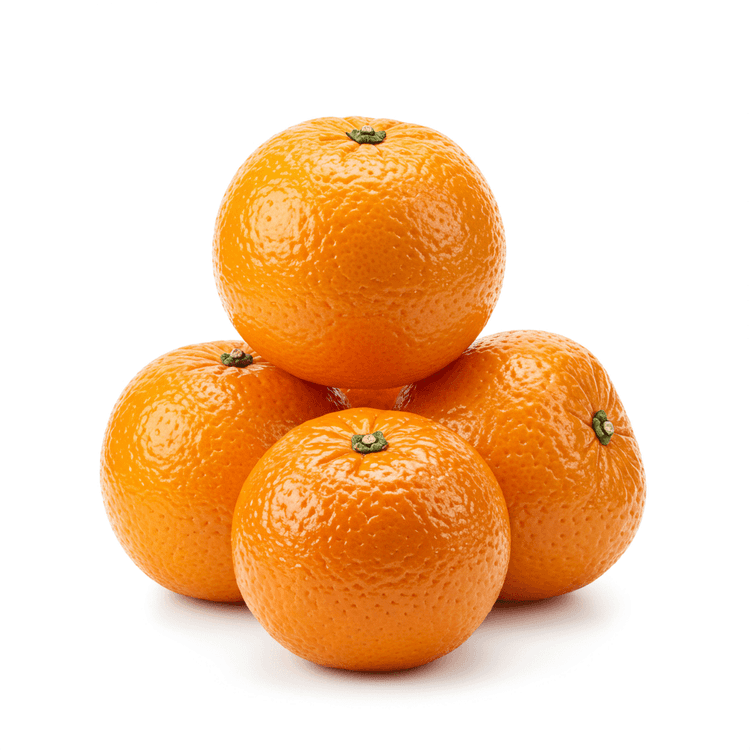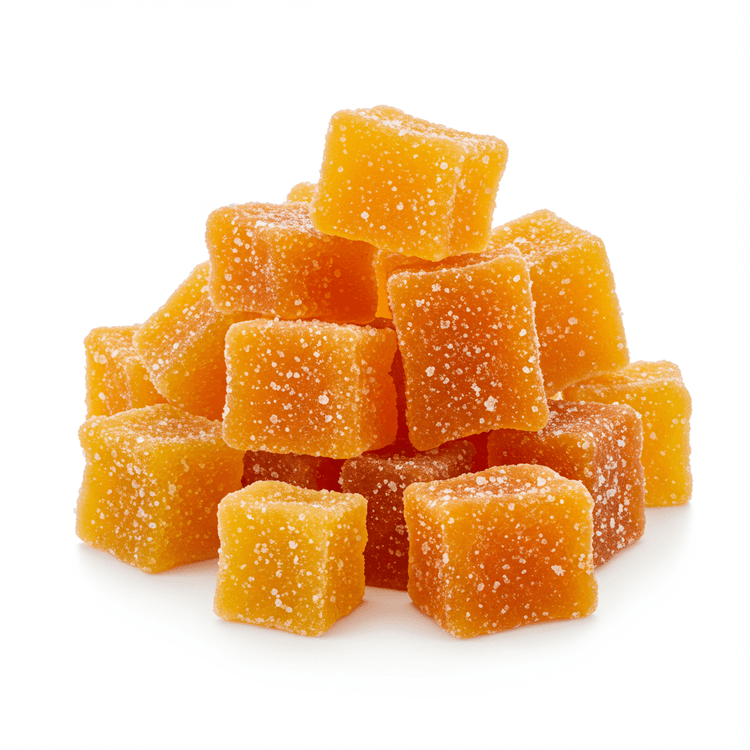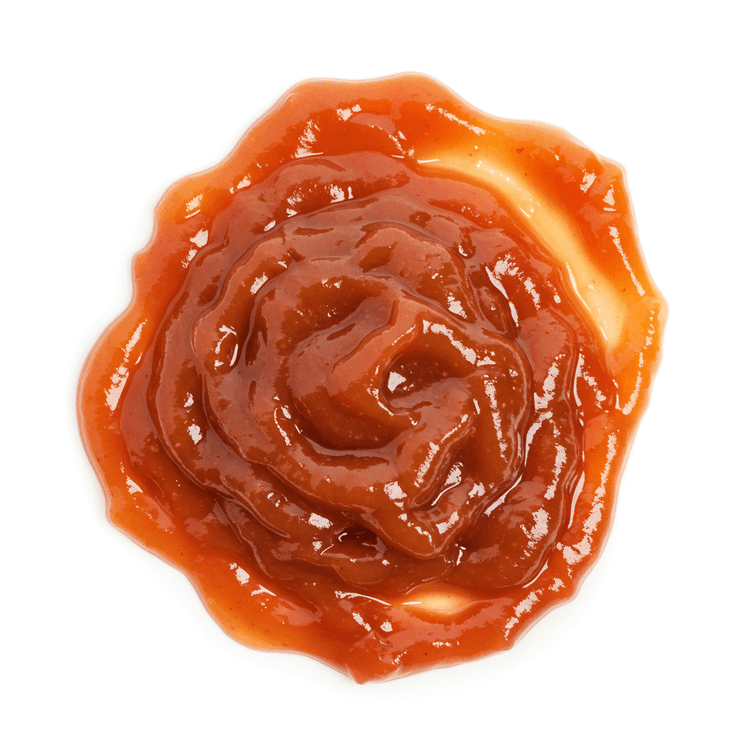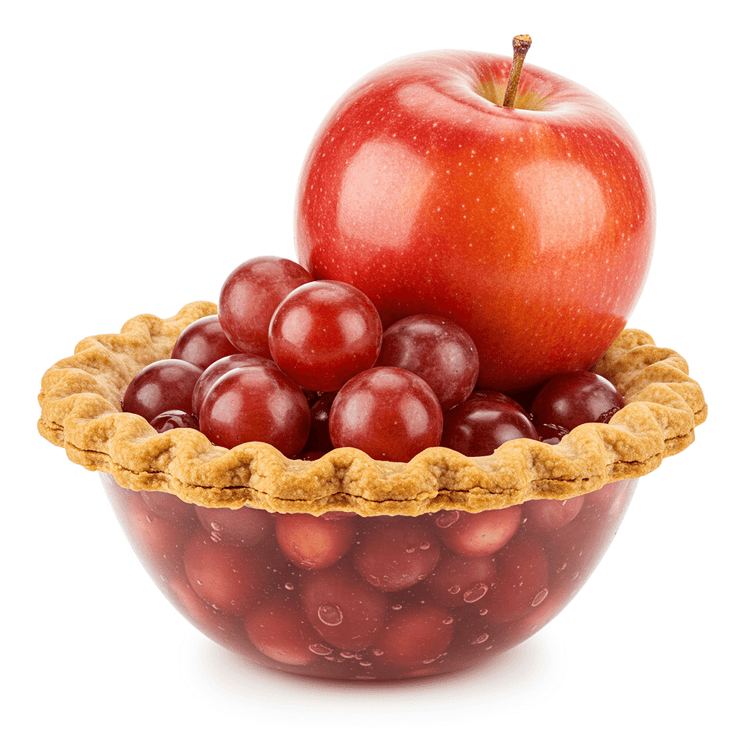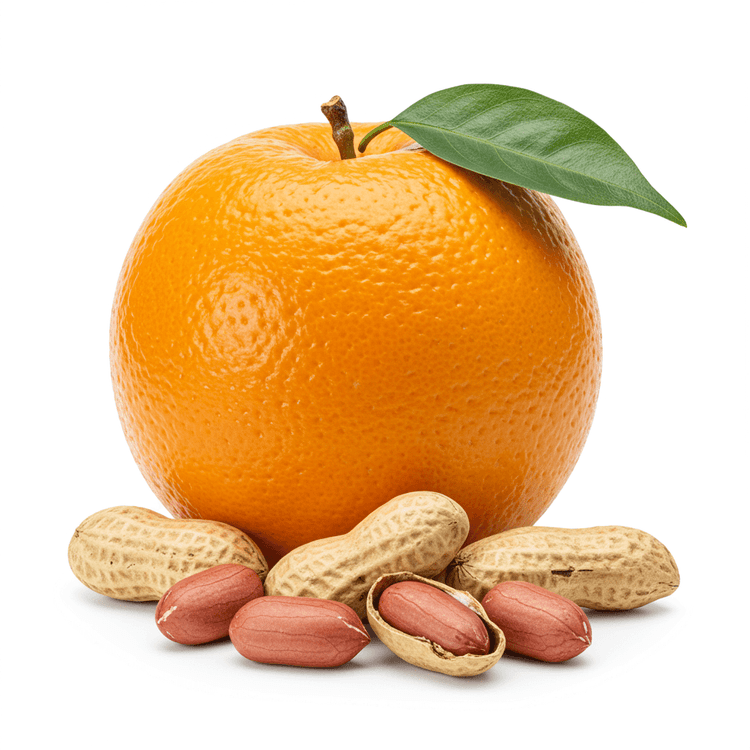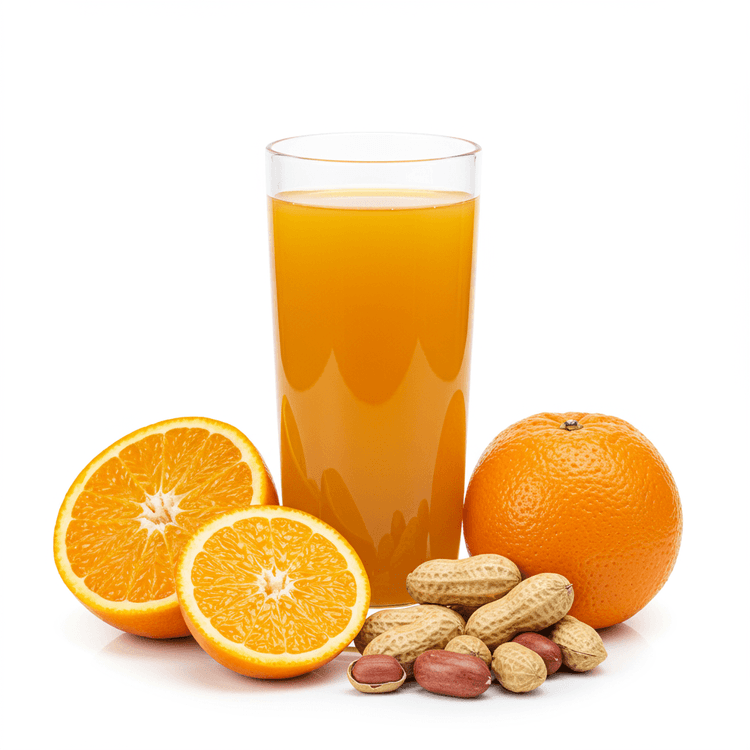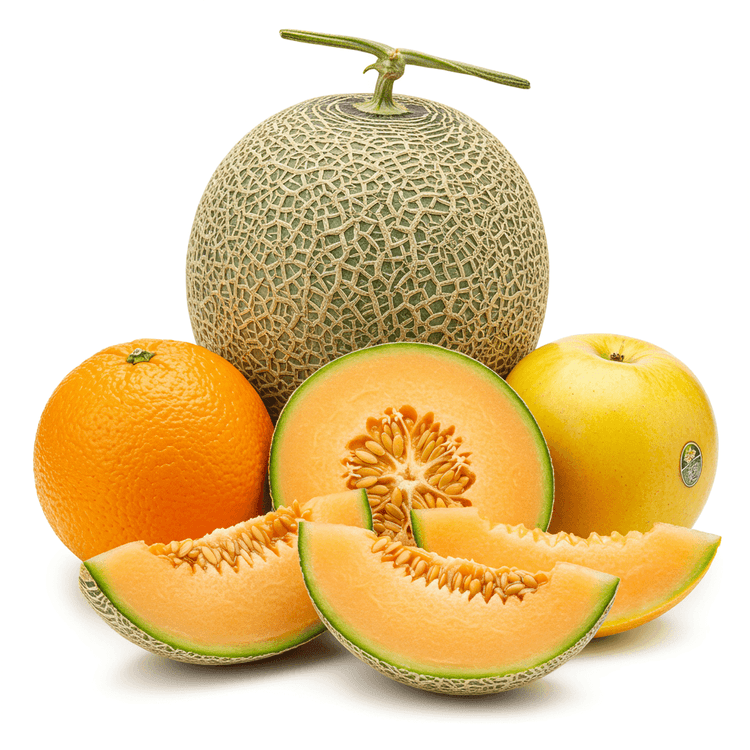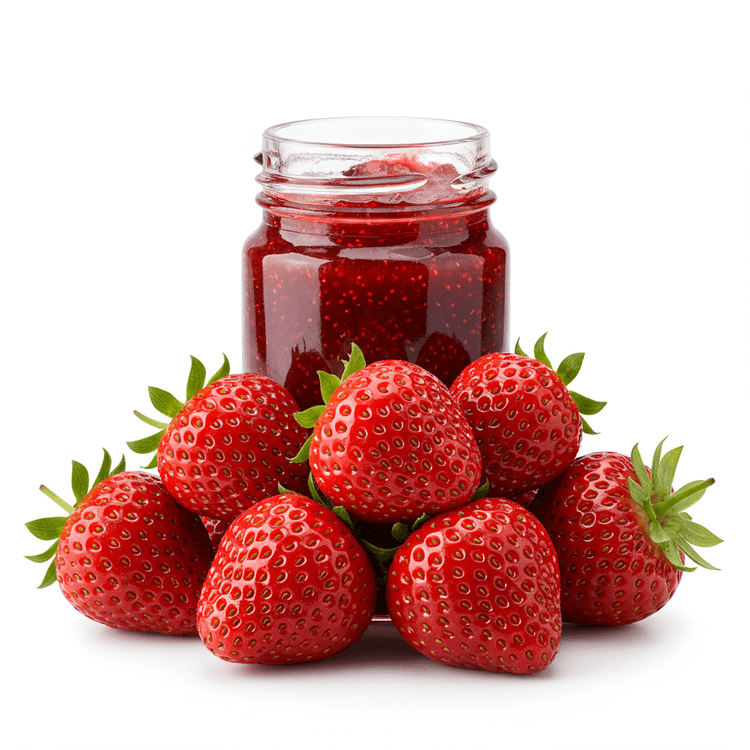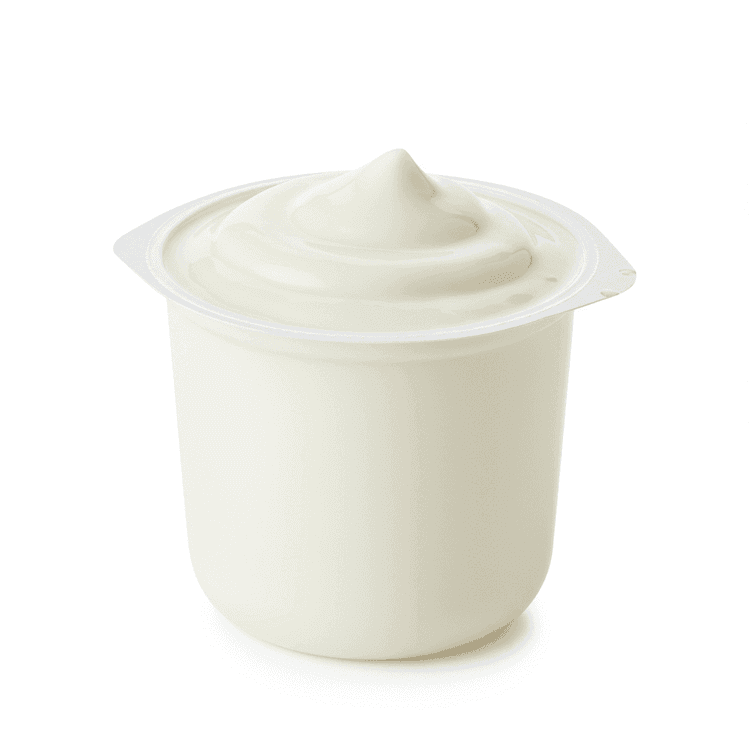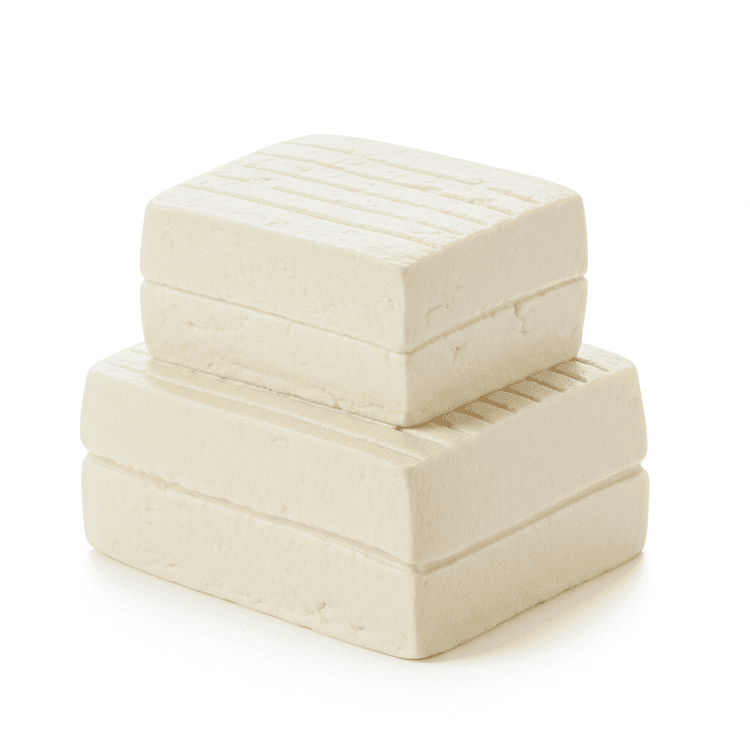
Fruit
Fruits are the sweet, fleshy, and often colorful products of flowering plants, typically containing seeds. They offer a wide range of flavors, from tangy citrus and sweet berries to mellow melons and rich tropical varieties. Their textures also vary greatly, ranging from crisp and juicy to soft and creamy. Fresh fruit is a popular choice for healthy snacks and desserts, and is a great source of essential vitamins, minerals, and fiber. Discover a world of flavor and nutrition with the amazing variety of available fruits.
Common Uses
- Fresh fruit makes a refreshing and healthy snack; enjoy it whole, sliced, or cubed for a quick energy boost.
- Fruits are commonly used in desserts like pies, tarts, crumbles, and cobblers, adding natural sweetness and vibrant flavors.
- Fruit salads are a great way to combine different flavors and textures; add a simple dressing of honey and lime for a delightful treat.
- Blend fruits into smoothies or juices for a nutritious and flavorful beverage; combine with yogurt or milk for a creamy texture.
- Use fruits to create delicious jams, jellies, and preserves, perfect for spreading on toast or adding to baked goods.
- Fruits can be incorporated into savory dishes, like salsas for grilled meats or salads with cheese and nuts, to add a touch of sweetness and complexity.
Health Benefits
- Rich in vitamins and minerals, contributing to overall health and well-being.
- High in dietary fiber, promoting healthy digestion and gut health.
- Packed with antioxidants that help protect cells from damage and reduce the risk of chronic diseases.
- Naturally low in calories and fat, supporting weight management.
- Excellent source of hydration due to their high water content.
- May help regulate blood sugar levels due to their natural sugars and fiber content.
Substitutes
Chefadora AI is here.
Experience smarter, stress-free cooking.
Storage Tips
The best way to store fruit depends on the type and its ripeness. Most whole, uncut fruits can be stored at room temperature until ripe. Once ripe, transfer them to the refrigerator to slow down the ripening process and extend their shelf life. Berries and other delicate fruits should be refrigerated immediately. Freezing is also an option for longer-term storage; wash, cut, and freeze fruit in a single layer on a baking sheet before transferring to a freezer bag to prevent sticking.
Marnirni-apinthi Building, Lot Fourteen,
North Terrace, Adelaide, South Australia, 5000
Australia
